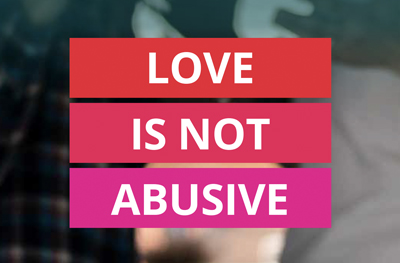More than 60% of adults are overweight or obese and the figure is rising. Being overweight is the biggest cause of diabetes, and is strongly linked to a range of serious health conditions – including cancer. It significantly increases the risk of depression and can also cause or worsen chronic sleep disturbance. You are what you eat is an old adage that bears true.
How much fat is too much fat?
The most recognised rule of thumb now is waist size (fat around your stomach), not weight; and waist reduction, rather than weight reduction. For every 2lbs (approx. 1kg) in weight that you shed, your waist will reduce by around 1cm. For men, fat stored around the stomach is a particular health hazard. Reducing the size of your gut by 5-10cm can significantly improve your health.
Forget the quick fix diets; they’re a scam. Sure, you can lose weight rapidly with a diet, but the fat will probably return with a vengeance. Rapid dieting gets your body thinking that you’re entering a famine period, so it puts the brakes on burning calories – to save energy (thinking it’s saving your life).
You are what you eat: A sensible diet and getting regular moderate exercise will, for the vast majority of people, slowly but surely fix the problem and deliver some real health benefits. The question is: what should we be eating?
Misleading food labelling and marketing, haven’t exactly made things clear or simple.
Some basic ‘rules of thumb’ are:
- Moderation, variety, more plant-based foods, less fatty foods and sugar, and less rubbishy snacks. Eat combinations of low-fat dairy foods, lean meat and poultry, fish, vegetables, grainy bread, cereals, pasta, rice, beans and fruit.
- Eat unprocessed cereals, pastas, grainy breads, fruit and vegetables, and the fibre you get will help keep your cholesterol down, and give you some protection against bowel cancer. Less sugary and fatty foods may help protect you against some major diseases like heart disease and diabetes.
- Always trim the fat off meat and poultry; avoid greasy fry-ups and tacky takeaways. The less fat you put in your stomach, the less you’ll end up with on your stomach. Likewise, with sugar: less sugar, less unhealthy weight gain.
- Limit pastries – especially pies and sausage rolls (they are very high in fat). If you have a sweet tooth, eat sweet things for a treat not for a meal.
- Become a discerning consumer and read food labels in supermarkets, you’ll notice that though many foods boast that they are healthy because they contain low or no fat, they are often high in sugar.
- If you must snack go for small packets of fruit and nuts, rice snacks, muesli bars that are low in sugar and fat, and fruit (including dried fruit). But remember they still have calories.
- Try eating at a slower pace. You’ll find if you do, your appetite will be satisfied earlier, you’ll eat less, and enjoy your food more. Become sensitive to the internal appetite signals that are telling you that you have had enough. Even if you haven’t finished the serve you gave yourself, stop, and perhaps put the remainder away for a snack at another time.
- Drink plenty of water each day; it’s vital for general health. Limit or eliminate cool drinks that are high in sugar or caffeine. Remember, healthy eating begins in your supermarket trolley!






